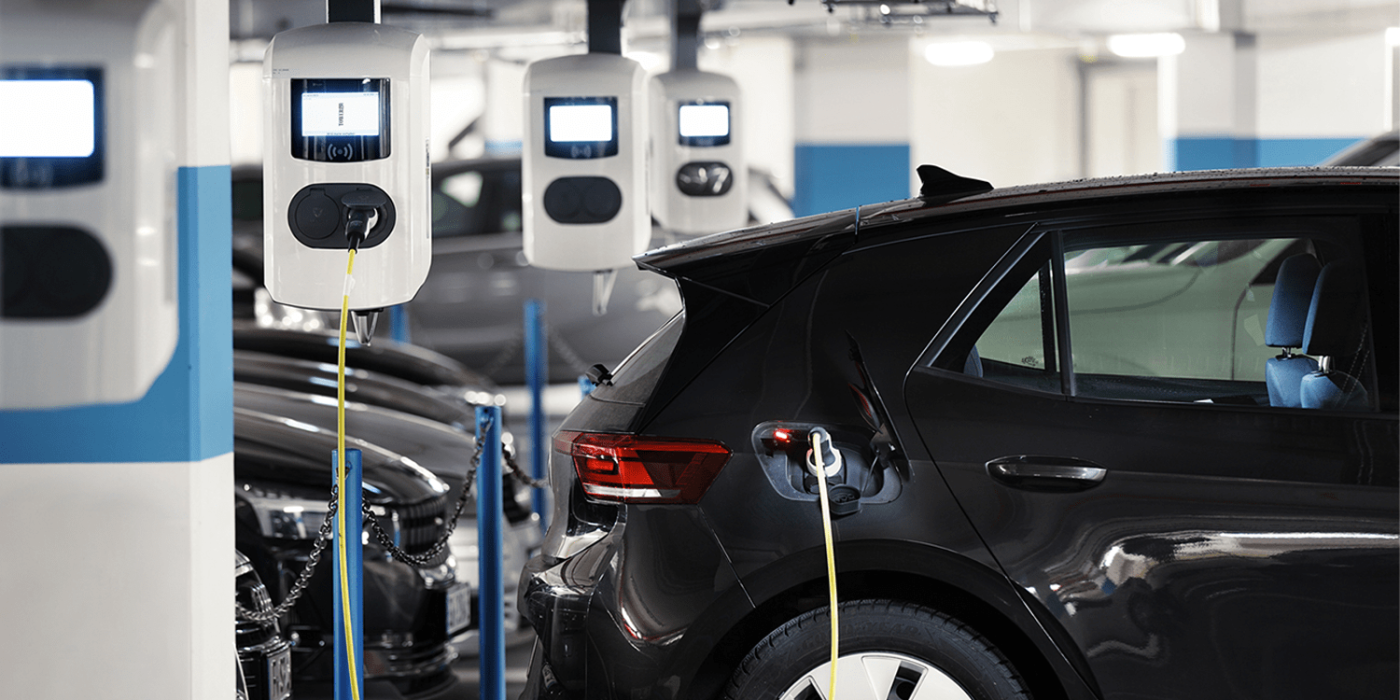Germany’s car fleets electrification slower than neighbours
How is it going with the electrification of company car fleets in Germany, and how does this compare to its Northern European neighbours, the Netherlands and Sweden? To answer that question, a comparative study was commissioned by the energy company Vattenfall. We summarised the main results.
Around 900 decision-makers from companies in Germany, Sweden and the Netherlands participated in the survey, which was conducted by Statista and commissioned by the Swedish utility company Vattenfall. The prerequisite for participation was that the companies had at least five cars in their own fleet or as company cars.
One of the key findings about German company car fleets is that almost two-thirds (63 per cent) of the companies surveyed already have vehicles with electric drives in their fleets, and every second company uses hybrid vehicles. “However, vehicles with combustion engines still play a major role in Germany,” Vattenfall wrote in a statement presenting the study. In contrast to Sweden and the Netherlands, only twelve per cent of companies in Germany have completely abandoned internal combustion vehicles, while Germany’s neighbours are getting cleaner and faster. In Sweden, 32 per cent have ditched fossil fuelled transport, in the Netherlands, only slightly less and more than twice as much as Germany at 31 per cent.
Overall, Sweden and the Netherlands are also ahead of Germany in terms of the proportion of electric vehicles in their fleets. In Germany, only one-third (35 per cent) of respondents said they have ten or more electric cars in their fleet. By comparison, 54 per cent of companies in Sweden have ten or more electric cars, and in the Netherlands, the figure is as high as 56 per cent.
German companies have said they face a number of inhibiting factors when decarbonising their car fleets. They said they feel they are held back by the limited range of electric vehicles (66 per cent), the lack of public charging infrastructure (60 per cent), the long charging times (59 per cent), too few parking spaces with charging options (59 per cent), the high acquisition costs (56 per cent) and the complicated billing of charging costs (45 per cent) as the biggest challenges in expanding the number of electric cars in their fleets.
These challenges and the associated uncertainties are countered by the determination of the given companies to switch to electric vehicles: According to the study, two-thirds of German businesses are aiming to fully electrify their vehicle fleet, and more than 80 per cent are planning to purchase more cars with electric drive systems when making new purchases. Of the companies that do not yet use electric vehicles, 41 per cent already have concrete plans to purchase them, and for 32 per cent, the purchase is at least a general possibility.
According to the study, the main driver for the switch to electric cars is to reduce CO2 emissions and to make a contribution to the transport transition off fossil fuels: Almost two-thirds (61 per cent) of the companies cited this as the most important reason for electrifying their own vehicle fleet. Lower costs in the long term came in second (56 per cent), followed by promoting the company’s image (53 per cent) and social responsibility (52 per cent). That said, it is also true that electric car owners will eventually have to transition off combustion engines by 2035 at the latest because of EU stipulations.
In Germany, 2023 should be an interesting year for commercial BEV registrations, as the German federal ‘Environmental Bonus’ subsidy for companies expires in September. Germany may just need some extra effort to catch up with its neighbours.
Report by Cora Werwitzke, translated from German





0 Comments